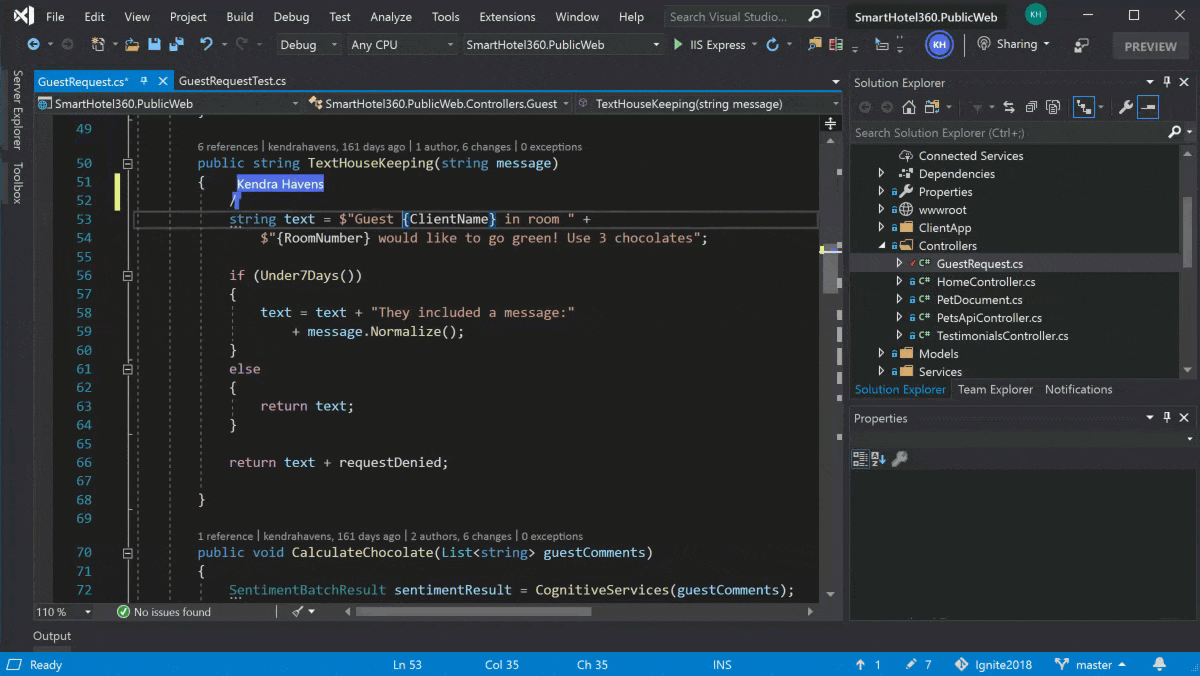

Visual Studio Online philosophically (and technically) extends Visual Studio Code Remote Development to provide managed development environments that can be created on-demand and accessed from anywhere. Developers facing expectations for decreased time-to-market are seeking techniques and technologies to help them collaborate more quickly and increase productivity.Īs a result of your feedback, these trends, and what we have learned with Visual Studio Code Remote Development, we have been working hard on a new service called Visual Studio Online.The explosion of cloud native development and microservices have enabled developers to use multiple languages and stacks in a single system to take advantage of each technology’s particular strengths.Machine Learning, Artificial Intelligence, Big Data), powered by cloud computing, are naturally shifting development activities beyond the “standard issue development laptop”. Increasing computational and data workloads (e.g.As a result, developers are working across boundaries in many codebases, often at the same time. Open source and inner source are making collaboration more important than ever.More and more teams are distributed remotely, or leveraging freelancers, which magnify the pain of onboarding new team members without the benefit of a local IT presence.

We’ve also noted resounding feedback that the confluence of current trends demands a new breed of development tools and capabilities. We talk to developers every day, and we’ve heard that expectations for innovation continue to increase across all industries and sectors. Software developers, and the software development process, live on the bleeding edge of technological trends. You can work with environments from anywhere using either Visual Studio Code, Visual Studio IDE ( in private preview), or the included browser-based editor. Available beginning at Microsoft’s Ignite conference as a public preview, Visual Studio Online provides managed, on-demand development environments that can be used for long-term projects, to quickly prototype a new feature, or for short-term tasks like reviewing pull requests.


 0 kommentar(er)
0 kommentar(er)
